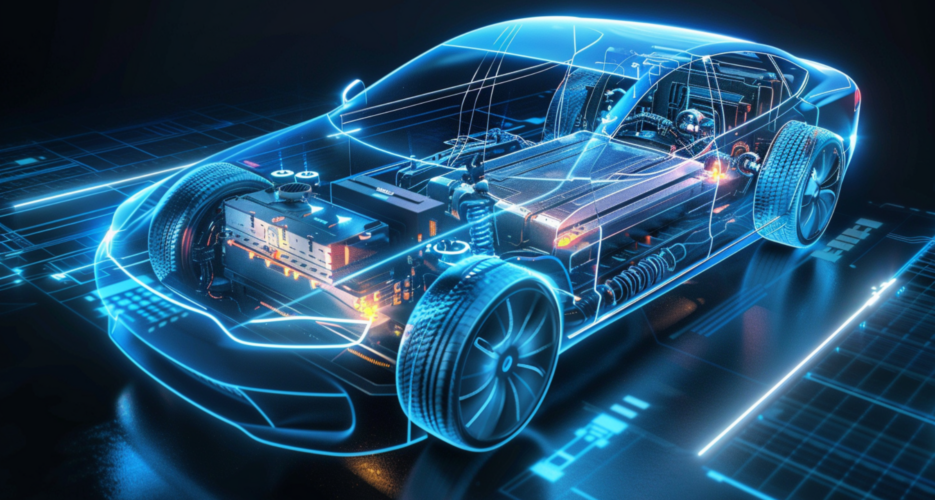South Korea’s reliance on Chinese parts for vehicles could disrupt its access to US markets under new regulations
The South Korean government held a public-private response meeting on Tuesday to address a proposed U.S. rule that would ban the sale or import of connected vehicles — cars equipped with internet connectivity and external communication systems — containing certain hardware and software linked to China and Russia. The U.S. rule would impact key technologies such as the Vehicle Connectivity System and Automated Driving System, which are critical for external communications and autonomous driving.
The rule, if implemented, could disrupt supply chains for South Korean automakers that rely on Chinese components. South Korea’s automotive sector relies heavily on Chinese suppliers for critical technologies. However, the rule allows phased implementation, with restrictions on software starting in 2027 and hardware in 2029, providing companies time to adapt.
The South Korean government held a public-private response meeting on Tuesday to address a proposed U.S. rule that would ban the sale or import of connected vehicles — cars equipped with internet connectivity and external communication systems — containing certain hardware and software linked to China and Russia. The U.S. rule would impact key technologies such as the Vehicle Connectivity System and Automated Driving System, which are critical for external communications and autonomous driving.
The rule, if implemented, could disrupt supply chains for South Korean automakers that rely on Chinese components. South Korea’s automotive sector relies heavily on Chinese suppliers for critical technologies. However, the rule allows phased implementation, with restrictions on software starting in 2027 and hardware in 2029, providing companies time to adapt.
Get your
KoreaPro
subscription today!
Unlock article access by becoming a KOREA PRO member today!
Unlock your access
to all our features.
Standard Annual plan includes:
-
Receive full archive access, full suite of newsletter products
-
Month in Review via email and the KOREA PRO website
-
Exclusive invites and priority access to member events
-
One year of access to NK News and NK News podcast
There are three plans available:
Lite, Standard and
Premium.
Explore which would be
the best one for you.
Explore membership options
© Korea Risk Group. All rights reserved.
No part of this content may be reproduced, distributed, or used for
commercial purposes without prior written permission from Korea Risk
Group.












